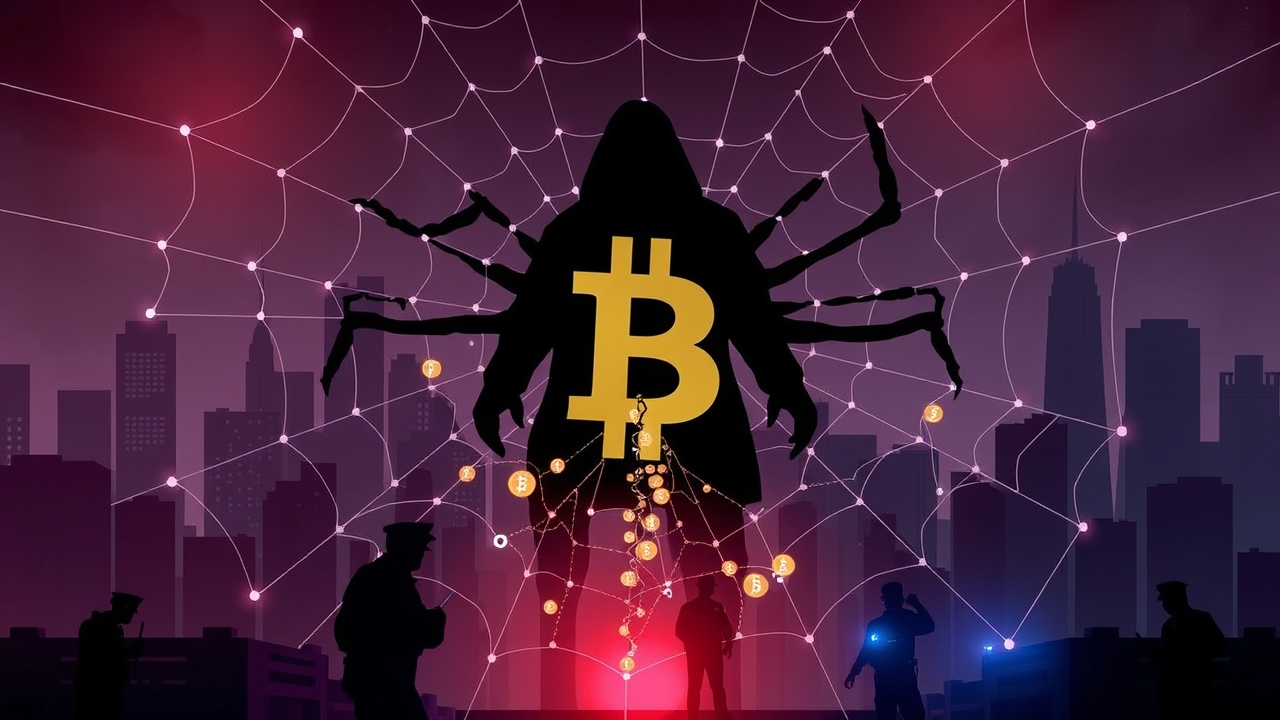Spanish Authorities Crackdown on Cryptocurrency Fraud
In a significant crackdown on cryptocurrency fraud, Spanish authorities have apprehended six suspects linked to a sophisticated scam that reportedly deceived investors out of over €19 million (approximately $21.5 million). This comprehensive investigation, spanning two years, was initiated after a substantial loss of €624,000 (nearly $700,000) was reported by an individual from Granada, as disclosed by the Spanish National Police.
Methods of Deception
The gang allegedly employed artificial intelligence to create persuasive videos featuring popular celebrities, which effectively lured victims into investing their money. To maintain control over the scheme, the con artists would inform their targets that additional investments were necessary to access their initial funds, all while promising exceedingly high returns through crypto ventures.
While the specific cryptocurrencies exploited in this scam remain undisclosed, authorities have issued widespread advisories urging caution regarding investments in digital currencies. The police emphasized the necessity for vigilance against offers that guarantee significant profit with minimal risk. They particularly warned about the misuse of AI technology to fabricate advertisements featuring well-known figures recommending dubious or unregulated investment platforms.
Investigation Progress
As part of their investigation, law enforcement successfully intercepted the group’s leader just before he could flee to Dubai. The suspects, whose ages range from 34 to 57, face multiple charges, including fraud, money laundering, and the use of false documents. Despite the arrests, it remains unclear whether any of the victimized funds will be recovered.
Emerging Trends in Cryptocurrency Scams
This incident highlights a growing trend of scammers leveraging celebrity endorsements to swindle potential investors in the world of cryptocurrency. Such tactics have become increasingly prevalent, with numerous cases involving hijacked social media accounts of famous individuals to promote Ponzi schemes and pump-and-dump operations. Recently, for example, the social media presence of Guns N’ Roses guitarist Slash was compromised in a similar scam, showcasing the ongoing vulnerability of even high-profile accounts.




